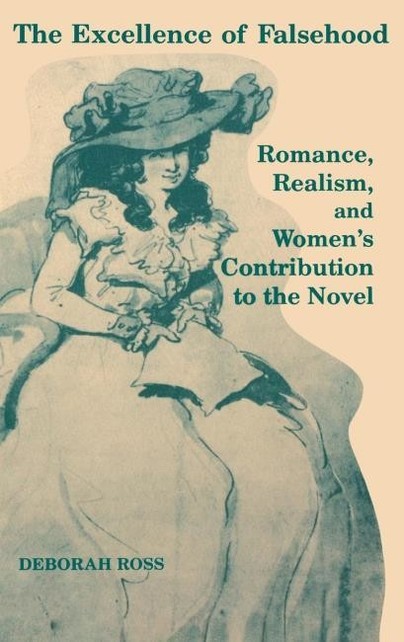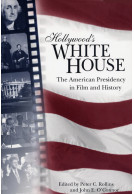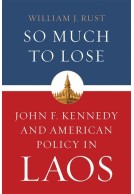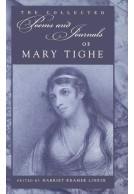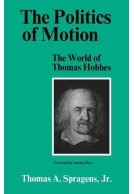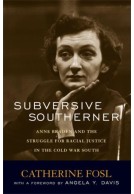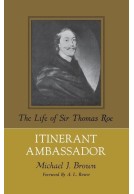Google Books previews are unavailable because you have chosen to turn off third party cookies for enhanced content. Visit our cookies page to review your cookie settings.
The Excellence of Falsehood (Hardback)
Romance, Realism, and Women's Contribution to the Novel
Imprint: University Press of Kentucky
Pages: 264
ISBN: 9780813117645
Published: 24th December 1991
Script Academic & Professional
Pages: 264
ISBN: 9780813117645
Published: 24th December 1991
Script Academic & Professional
This book will be reprinted and your order will be released in due course.
You'll be £32.00 closer to your next £10.00 credit when you purchase The Excellence of Falsehood. What's this?
+£4.99 UK Delivery or free UK delivery if order is over £40
(click here for international delivery rates)
Need a currency converter? Check XE.com for live rates
(click here for international delivery rates)
Need a currency converter? Check XE.com for live rates
"The only excellence of falsehood... is its resemblance to truth," proclaims a clergyman in Charlotte Lennox's The Female Quixote. He argues that romances are bad art; novels, he implies, are better. This clergyman's remarks -- repeating what literary and moral authorities had been saying since the late seventeenth century -- are central to Deborah Ross's discussion of romance characteristics in English women's novels.
Aphra Behn, Delariviere Manley, Eliza Haywood, Charlotte Lennox, Fanny Burney, Ann Radcliffe, and Jane Austen did not take the clergyman's advice to heart. To them, the "falsehood" of romance was by no means self-evident, nor was the superior "excellence" of the novel. In theory, many of them accepted the distinction, but their works combined aspects of the romance and the novel in ways that brought them into conflict with the critical establishment.
The texts discussed here illustrate a process of development both in the novel and in the conditions of women's lives. Tensions between romance and realism enabled women writers to question official versions of reality and to measure life against a romance ideal. By altering readers' perceptions and judgments, these authors gradually altered the reality that novels "resemble" and set up new combinations of romance and realism for future writers.
This give-and-take between fiction and life is seen most dramatically in the way a "romantic" notion gradually comes to be treated in novels as both "real" and right. Ross follows one such notion -- that women have matrimonial preferences -- to the point where romance and reality merge.
Ross's study brings to light an important part of the history of the novel not yet incorporated in theories and histories of the genre.
Other titles in University Press of Kentucky...







